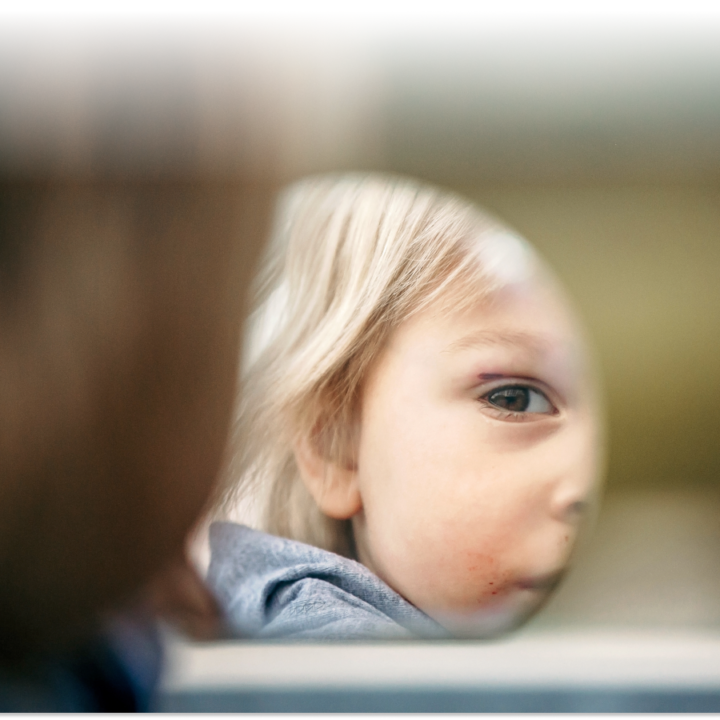Teaching students self-awareness will help them to better understand themselves, their emotions, thoughts, values, and cultural identities. It’s a skill that addresses the question we all have: “Who am I?”
Why teaching students self-awareness is important for social-emotional learning (SEL)
Helping students develop self-awareness will provide the groundwork for developing other foundational SEL skills, such as self-management, social awareness, relationship skills, and responsible decision-making.
Using SEL to teach self-awareness helps give students the opportunity to stop and think about their feelings and why they might feel a certain way in various situations.
How to start teaching students self-awareness
Begin teaching students self-awareness by building skills related to emotion recognition. This includes teaching emotion vocabulary to your students. Try incorporating our Candy Corn Emotions Puzzle and/or Feeling Charades activity in your classroom to make emotional vocabulary fun and engaging.
Once your students have an understanding of the vocabulary, explore various situations where they might feel these emotions. It can be helpful for students if you model “I feel…” statements in the classroom. For example, if you lose your favorite pen you might say, “I feel disappointed. I can’t find my favorite pen.” Modeling these behaviors explicitly in the classroom gives students the opportunity to observe and understand various contexts for emotional vocabulary.
For preschool and kindergarten students, use our “Using ‘I feel’ Words” activity or try our “Using ‘I feel’ Statements with Family” activity for elementary students.
Our sense of self-awareness is constantly growing and developing. This is why it is so important to also teach students to adopt a growth mindset and to remind them that we are all lifelong learners when it comes to understanding ourselves.
Related Resources
“Your program is amazing. I don’t know how I would have gotten through all the remote counseling I did last year without it. It’s so good that I hope to continue to have this part of my resources for years to come. I’ve been a school counselor for 16 years and this is one of the best programs out there and I”ve told so many colleagues about it too!”
– Julie Benson, School Counselor, M.A., MHC











